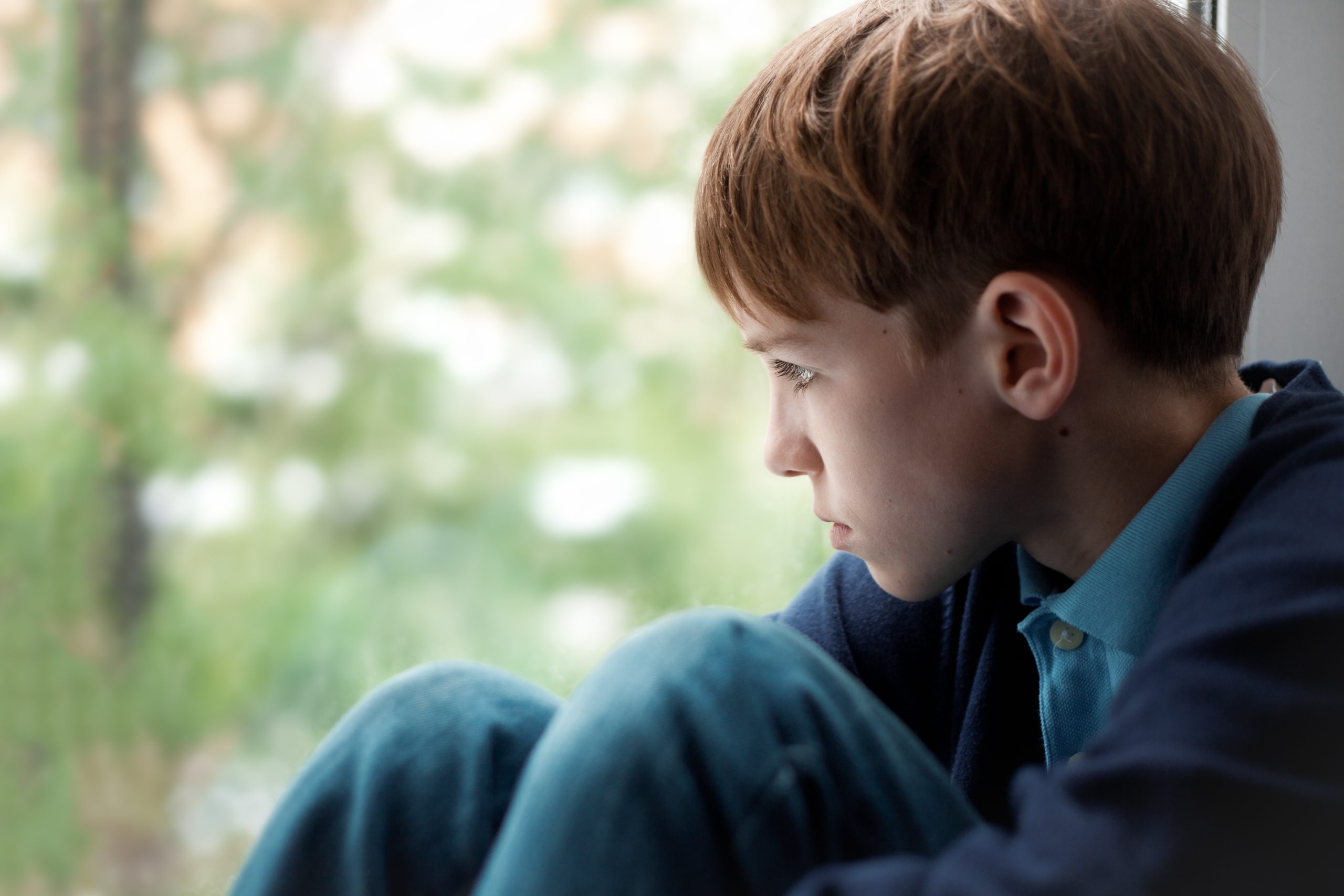New statistics show increase in mental health disorders in young people

New figures published by the National Health Service (NHS) have shown a significant increase in the number of 17–19-year-olds with a mental health problem.
The statistics, which were published in the Mental Health of Children and Young People survey 2022, explore the mental health, development and wellbeing of children and young people in England.
For children aged 7 to 16, the chances of experiencing a mental health disorder is 1 in 6 and has been that way since 2020.
For young people aged 17-19, there has been an increase in the risk of developing a mental health disorder, from 1 in 6 in 2020, to 1 in 4.
Sophie Corlett, interim CEO for mental charity Mind, said: “It’s deeply worrying to see that as many as a quarter of young people aged 17-19 are now experiencing a mental health problem, up from 1 in 6 in 2021 and 1 in 10 in 2017.
“Among 7 to 16-year-olds, rates have stayed consistently high with 1 in 6 facing a mental health problem since the onset of the pandemic – suggesting that an entire cohort have remained in heightened states of distress for years following the educational, social and economic upheaval of COVID-19.
“We’re also seeing the toll of the cost-of-living crisis on young adults with mental health problems, who were 7 times more likely than their peers without mental health problems to have used food banks or experienced food insecurity in the last year.
“Despite the need for support continuing to rise, young people are still left facing an agonising wait in a system that cannot keep up with demand, and the UK government’s response so far has just not been good enough.
She added: “We cannot continue to watch young people’s mental health needs increase without seeing action.
“The UK government will be failing an entire generation unless it prioritises investment in young people’s mental health services, and specifically funds mental health hubs for young people.
“The provision of a network of early support hubs for young people across England would guarantee somewhere to go when they first start to struggle with their mental health – rather than being left to reach crisis point and needing more intensive, expensive support later on.
“The earlier a young person gets support for their mental health, the more effective that support is likely to be.
“Young people and their families cannot be side-lined any longer by the government, who need to prioritise the crisis in youth mental health as a matter of national emergency.”
Children’s charity The Children’s Society has also responded to the new data.
Amy Dicks, policy and impact manager at the charity, said: “These stark figures lay bare the horrifying scale of mental health issues affecting children and young people.
“More than a quarter of 17 to 19-year-olds are now likely to have a mental health disorder, a truly shocking increase from one in six just a year earlier, and that brings concerns about their life chances as they become adults.
“One in six younger children are struggling with a mental health disorder, as many as during last year’s lockdown, showing that children are in desperate need of long-term support.
“However, the crisis in children’s mental health long pre-dated the pandemic, with a failing system turning children away or making them wait months on end for treatment.
“We want early support hubs in every community so young people can get immediate support when issues arise, and the Government to measure children’s wellbeing so it is easier to identify those who are struggling and provide targeted action and investment preventing mental ill-health.
“It’s also a real worry that one in eight children reported being bullied online and this underlines the importance of the Online Safety Bill progressing quickly through Parliament and offering strong proposals to protect children from dangers like cyber-bullying.”







